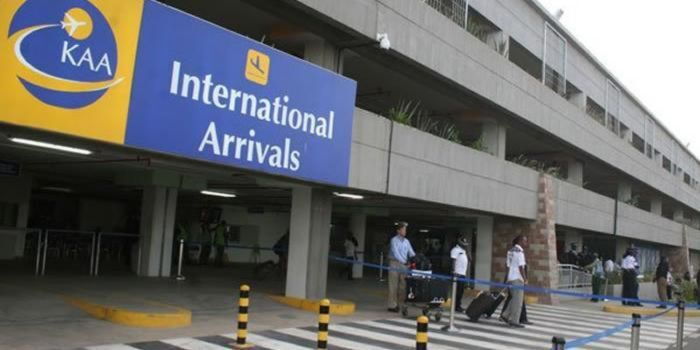The Government of Kenya has initiated talks with the World Bank aimed at supporting the construction and redevelopment of major infrastructure projects across the country, including the redevelopment of critical transport infrastructure.
Transport Cabinet Secretary Davis Chirchir, in a statement released after a meeting on Tuesday, revealed that the government had initiated a consultative session with the World Bank regarding the development projects, including the redevelopment of Kenya's largest airport, Jomo Kenyatta International Airport (JKIA).
The government is racing against time to modernise the facility amid a shortage of the necessary budgetary allocations to support its modernisation.
Chirchir had initially stated that the government would leverage Public-Private Partnerships (PPPs) to drive infrastructure upgrades, despite past setbacks such as the cancellation of the Adani deal for JKIA’s upgrade in November last year.
SGR Extension
During the meeting, the Washington-based monetary lender delegation by Binyam Reja, the Practice Manager for Transport for the Eastern and Southern Africa region, also expressed interest in the extension of the Standard Gauge Railway (SGR) line to Malaba, which the government has also been on a global tour to rally funds for its extension.
Lake Victoria Ring Road
The talks also focused on the development of the Lake Victoria Ring Road and the expansion of rural road networks, which are expected to boost regional connectivity and open up rural economies to greater trade opportunities.
The proposed Lake Victoria Ring Road project will be a 180-kilometre highway that is expected to transform the economic and transport landscape of Western Kenya.
The mega infrastructure project will traverse five counties, Busia, Siaya, Kisumu, Homa Bay, and Migori, and is estimated to cost Ksh70 billion, according to the Kenya National Highways Authority (KeNHA).
The road will feature a seven-metre-wide carriageway with two-metre-wide shoulders on either side to accommodate non-motorised traffic in rural areas.
In urban sections, where the road passes through trading centres, KeNHA has incorporated non-motorised transport (NMT) facilities such as footpaths and lined drains into the design, with construction targeted for the next financial year.
Chirchir noted that these projects would play a critical role in enhancing Kenya’s position as a regional hub for trade, tourism, and investment.
“These investments could significantly enhance tourism, trade, and regional integration by facilitating efficient cross-border movement of goods and passengers,” Chirchir stated.
According to Chirchir, the meeting centred on exploring financing options for Kenya’s road and transport sector, which he described as a key driver of social and economic development. By






